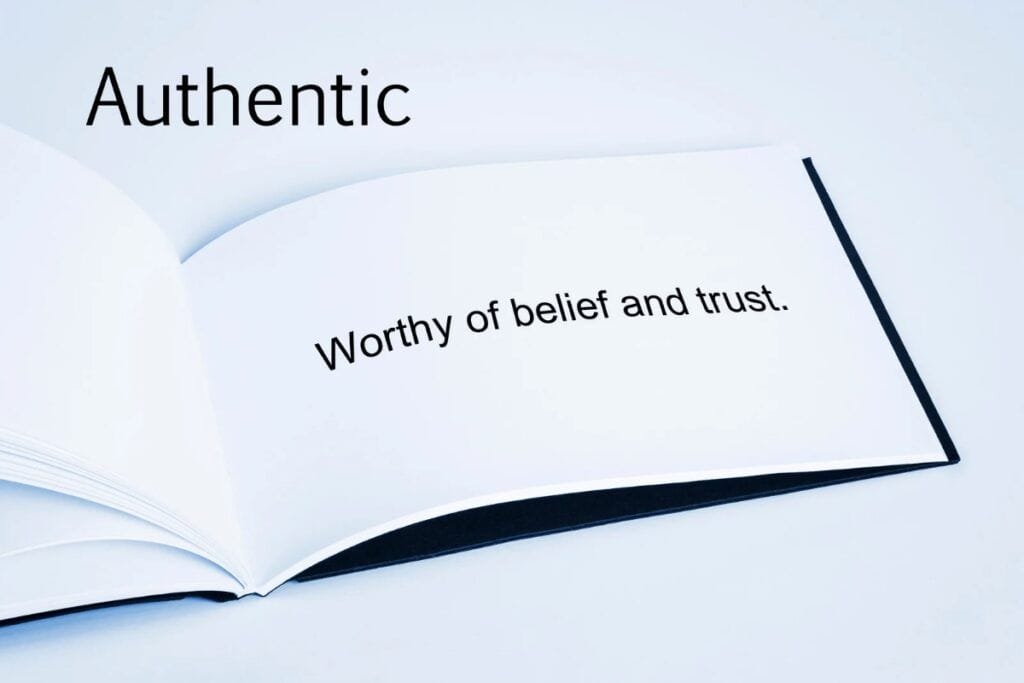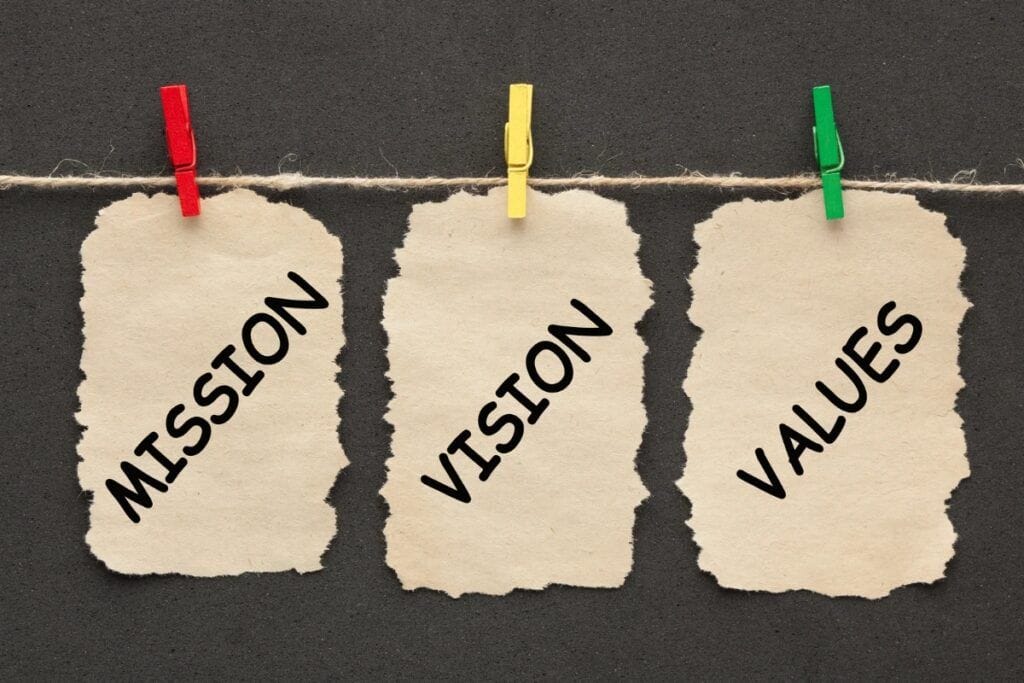We’ve all been there – moments of uncertainty where the paths ahead seem unclear. These crossroads are opportunities to investigate deeper and rediscover ourselves. The journey of finding yourself involves identifying your core values, allowing you to embrace your authentic self and make choices that align with what truly matters to you.
Introduction To Self-Discovery: The Pursuit Of Finding Yourself
Finding yourself is an intimate and personal pursuit, one that you’re likely familiar with to some degree. It’s about peering inward and discovering who you truly are at your core. Think of it as tuning into your own frequency amid the noise of the world. It’s crucial in personal growth, certainly—but why, exactly?
For starters, I see self-discovery as a foundation for living a genuine life. It’s not about standing in front of a mirror and listing traits or skills. It’s a deeper exploration, one aimed at understanding your very essence. At its heart, finding yourself involves identifying what you care about most, your passions, and, ultimately, your core values.
Many might think self-discovery is a destination—a point you reach and then that’s it, you’ve found yourself. I’ve found this to be a misconception.

It’s a continuous journey without a definitive end point. As life unfolds, you evolve. And this process adapts accordingly. That’s the beauty of it; it’s ongoing self-improvement.
Now that I’ve set the stage for what finding yourself involves, let’s consider the initial steps of the journey. Self-reflection is a critical starting point, one that I’ll examine next. It’s like setting the compass before embarking on a voyage—the direction you take must align with who you are, and for that, you need to understand yourself first.
The Role of Self-Reflection in Understanding Who You Are
You’ve probably heard it before: to know yourself is the foundation of wisdom. But what does it really mean to understand who you are? Self-reflection is the tool you use to dig beneath the surface of your daily routines and uncover the raw, unedited version of yourself.
Self-reflection can take many forms, from journaling to meditation, and even quiet contemplation while taking a walk. It’s not about navel-gazing or overanalyzing every decision you make, but rather about asking yourself the hard questions: What makes you happy? What are your fears? What drives your actions and choices?
Think about self-reflection as a pause button. In the busy movie that is your life, hitting pause gives you the chance to look at the plot, understand the characters – especially the lead, which is you – and decide if the story is heading in the right direction. I’ve seen firsthand how taking the time for self-reflection can offer tremendous insight.
A friend of mine found clarity in her career path by regularly setting aside time to reflect on her workday. Over time, patterns emerged, revealing to her what aspects of her job she loved and which she did not. This understanding enabled her to steer her career in a direction that proved more fulfilling.

But self-reflection isn’t just a personal journey. It sets the stage for the next important step: identifying your core values. Once you know yourself better, you can recognize the principles that are non-negotiable in your life. These values act as your compass, guiding your behavior and decisions.
Identifying Your Core Values: A Cornerstone of Personal Identity
You may wonder, what exactly are core values? They are the guiding principles that shape our behavior, our choices, and our overall approach to life. Core values are deeply held beliefs that represent what is most important to us. They are the compass that points us towards our true north, helping maintain our course through the storms and calms of life. Now, how does one go about uncovering these values? I’ve got you covered with some actionable steps:
Start with introspection. Reflect on the moments in your life when you have felt the most fulfilled. What were you doing? Who were you with? This can provide clues to what you hold dear. Consider the opposite. Reflect on what frustrates or upsets you. Often, our negative reactions signal a violation of our core values.
Look for patterns. From your reflections, identify recurring themes. These can highlight values that are consistently important to you. Write it down. Articulate these values into words. Writing creates clarity and allows you to revisit and refine your values over time.
Prioritize. If your list is long, try to narrow it down to about five core values. This simplification encourages focus and easier adherence.
Re-assess regularly. Our experiences can shape or shift our values, so it’s useful to periodically revisit them to ensure they still resonate with who you are.

Recognizing the role they play, core values are more than just personal affirmations; they also significantly influence our success and satisfaction in the professional realm. Aligning with core values isn’t solely a personal indulgence; it’s a critical strategy for thriving in your career.
Your core values are not static; they evolve as you do. Therefore, a routine analysis of these values alongside personal growth can ensure you stay true to yourself while navigating changes in your life. Next, I’ll explore why exactly these deeply-held values are pivotal for not only personal but also professional success.
Why Core Values are Fundamental for Personal and Professional Success
Core values are more than just personal beliefs; they serve as the compass that guides your behavior and decisions. When you understand and honor your core values, you’re likely to experience a deeper sense of fulfillment because your life aligns with what is most important to you. This isn’t just about feeling good; it’s about living effectively and making choices that propel you towards your goals.
In the professional sphere, core values are just as crucial. They’re the underlying principles that shape your work ethic, relationships with colleagues, and the way you handle challenges. Think of them as your brand’s DNA, something that remains consistent across all aspects of your career. When your work aligns with your core values, not only do you find more meaning and motivation in your job, but your authenticity also becomes evident to those around you, which can lead to greater trust and opportunities.
Moreover, core values can be a source of resilience.

When you face setbacks or difficult situations, knowing your core values provides a framework for bouncing back. Instead of being swayed by every wind of circumstance, you draw on your values to find strength and direction. They act like an anchor, giving you the stability needed to navigate through rough waters.
The impact of core values extends further; they provide motivation. When you’re driven by values that resonate deeply with you, work doesn’t feel as tedious, and challenges appear less insurmountable. You’re motivated not just by external rewards but by a profound sense of purpose. This intrinsic motivation is known to be more sustainable than any external incentive could ever be.
Living in tune with your core values doesn’t mean you won’t encounter opposition or have to make tough choices. Sometimes it means standing firm when it would be easier to compromise. It’s precisely these moments that test the strength of your convictions. The next section will provide you with practical tips and strategies to uphold your authenticity and maintain alignment with your core values, even when it’s challenging.
Navigating Life with Authenticity: Practical Tips and Strategies
Living authentically isn’t just about knowing your core values; it translates into everyday actions and choices. It’s about making decisions that consistently resonate with who you are and what you stand for. I’ve seen in my own life that when my actions align with my core values, I feel a profound sense of satisfaction and purpose. Here are some actionable tips to help you lead a life true to yourself.
First, create a ‘values statement’ for yourself and refer to it during times of decision-making.

This can be a simple list or a couple of sentences that encapsulate what is most important to you. Consider this your personal mission statement.
Second, say NO when something doesn’t align with your core values. It might be uncomfortable at first, but setting clear boundaries is crucial for living authentically. Whether it’s turning down a lucrative job offer that would require you to compromise your values, or stepping away from a toxic relationship, these difficult choices protect your integrity.
Third, actively seek environments and communities that support and share your values. This could range from your workplace to social groups, ensuring that you’re surrounded by like-minded individuals who affirm and energize you.
Lastly, DON’T BE AFRAID TO REEVALUATE. Your core values might evolve as you grow and experience more of life. Make it a habit to periodically reflect on these values to ensure they still hold true. Remember, it’s okay for your path to change as long as it’s leading you to a place of authenticity.
Embracing your core values and living by them may not always be easy, but the personal alignment it brings is both liberating and worth the effort. By being true to yourself, every step you take is one towards a life filled with genuine contentment and success. Keep moving forward, one value-driven decision at a time.

